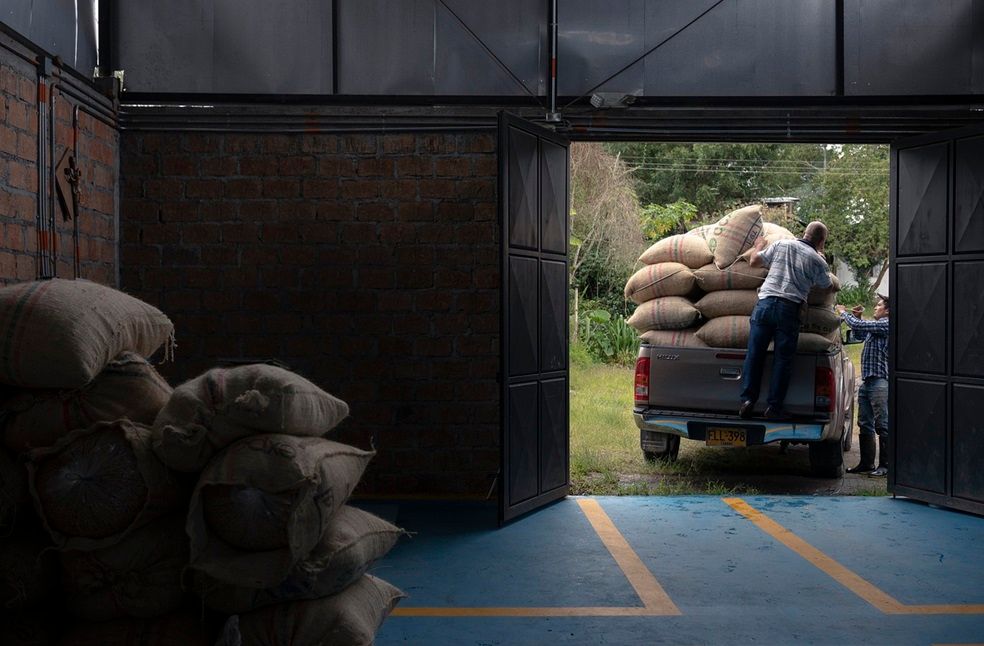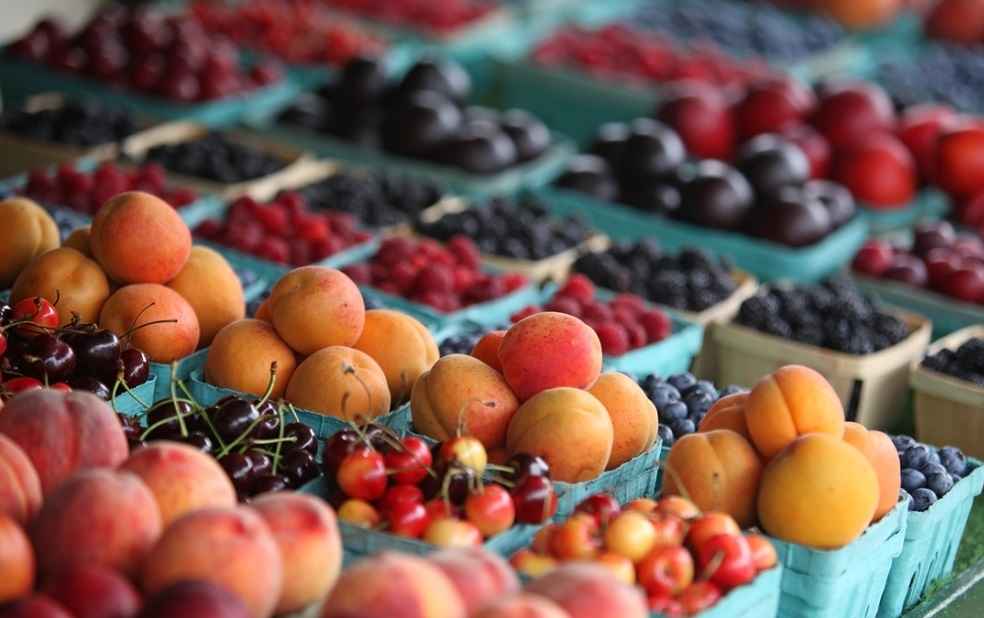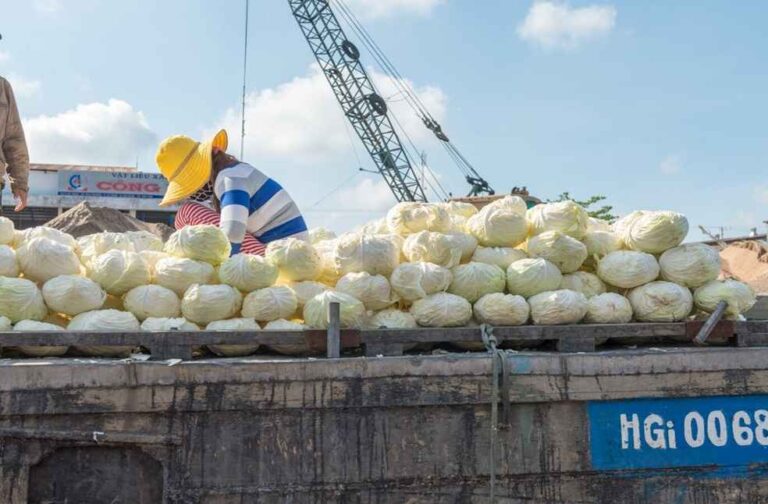South Africa’s Agricultural Business Chamber (Agbiz) has voiced optimism regarding China’s plans to boost its imports of agricultural products from South Africa. The development stems from remarks by Wu Peng, the current Chinese Ambassador to South Africa, who affirmed that the Chinese government supports greater access for South African agricultural and industrial products to enter China’s market.
“South Africa must also be part of this conversation. China’s interest in South African agricultural products — is a starting point for a deeper trade conversation.” Ambassador Wu Peng wrote on social media.

China is a key leader in global agricultural imports. In 2023, the country ranked as one of the top importers, contributing 11% to the total global agricultural imports, with a value of $218 billion. Wandile Sihlobo, the chief economist at Agbiz, emphasized that countries such as Brazil, Thailand and the United States, dominate as the primary suppliers to China.
Sihlobo stressed that China is actively pursuing diversification in its agricultural imports—a strategy that gained momentum after the introduction of initial U.S. tariffs in 2018, and the effort is expected to continue through 2025. South and Latin American nations, along with Australia, have significantly benefited from China’s diversification efforts.

At present, South Africa holds a small share of China’s agricultural market, contributing just 0.4% (around $979 million) of China’s total imports. The country’s exports to China consist of products like fruits, wine, red meat, nuts, maize, soybeans, and wool.
Sihlobo asserted that South African agricultural exports have ample room for expansion in China.
Francois Rossouw, CEO of Southern African Agri Initiative (Saai), expressed that gaining access to larger international markets, such as China, is vital for ensuring the sustainability and growth of family farms in South Africa. He added, increasing exports results in better pricing, greater stability, and stronger rural economies, ultimately improving the livelihoods.
Trade World | World Bank Sees 12% Fall in Global Commodity Prices



